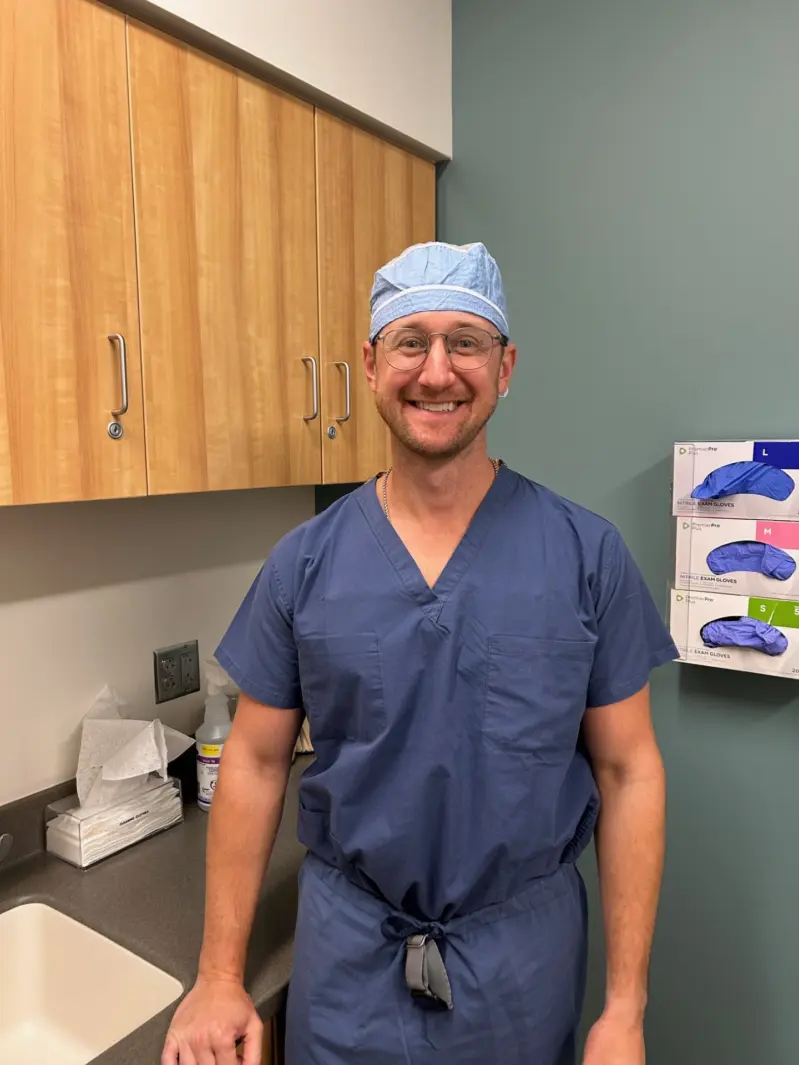
Shoulder Pain? Understanding Rotator Cuff Tears
By: Boone County
By Dr. Jared Rickert, Orthopedic Surgeon
Since 2019, I’ve specialized in helping patients with shoulder, hip, and knee problems regain their mobility and improve their quality of life. One of the most common shoulder issues I see is a rotator cuff tear. These tears can happen gradually from wear and tear or suddenly after an injury, and they can make everyday tasks—like reaching overhead, lifting groceries, or even sleeping comfortably—difficult.
The good news is that not every rotator cuff tear requires surgery. Smaller, partial tears often respond very well to conservative treatment, which may include physical therapy, anti-inflammatory medications, or cortisone injections. These options can reduce pain and restore function without the need for an operation.
When the tear is larger or complete, surgery may be the best choice. In many cases, the tendon can be repaired, and sometimes this repair is supported with a biologic implant to improve healing. However, if a rotator cuff tear goes too long without treatment, it may progress to the point where the tendon is no longer repairable. In those cases, younger patients may be candidates for an interposition graft, while older patients often benefit most from a reverse total shoulder replacement. This procedure not only addresses the torn rotator cuff but also helps when arthritis is present, offering lasting pain relief and improved shoulder function.
Whatever the approach, the goal is the same: to relieve pain, restore movement, and help patients get back to the activities they enjoy.
In addition to treating shoulder conditions, I also perform knee and hip replacements for patients struggling with arthritis and joint pain. If pain is keeping you from living life to the fullest, I’d be glad to meet with you at Boone County Health Center to discuss your options and find the right plan for you.
